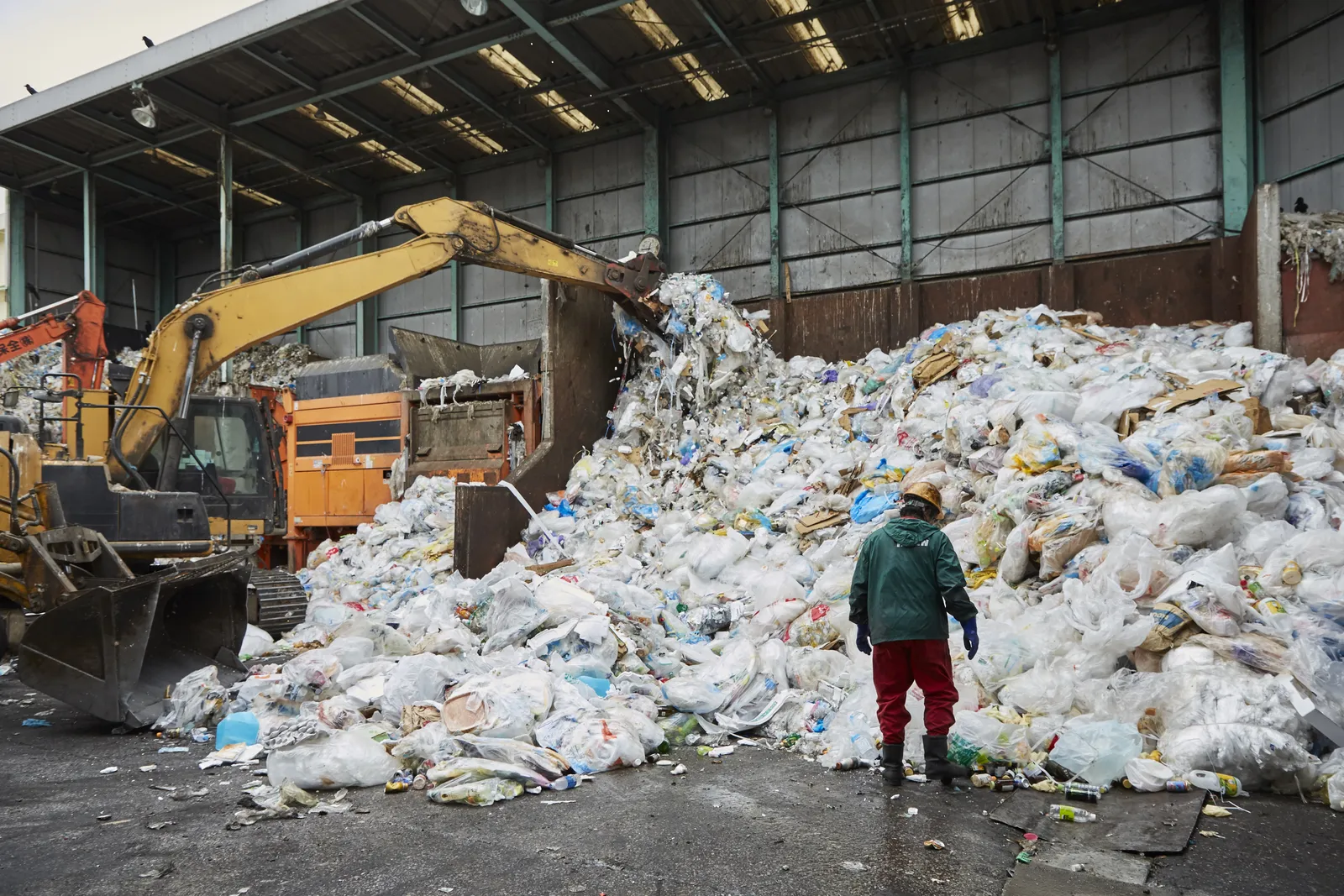bavaria
Well-Known Member
See link below. This is very interesting and if it goes through I would anticipate some serious
ripple effects globally. The current CEO of BMW seems to be fully onboard.
EU strikes deal to ban the sale of new diesel and gasoline cars from 2035
ripple effects globally. The current CEO of BMW seems to be fully onboard.
EU strikes deal to ban the sale of new diesel and gasoline cars from 2035




